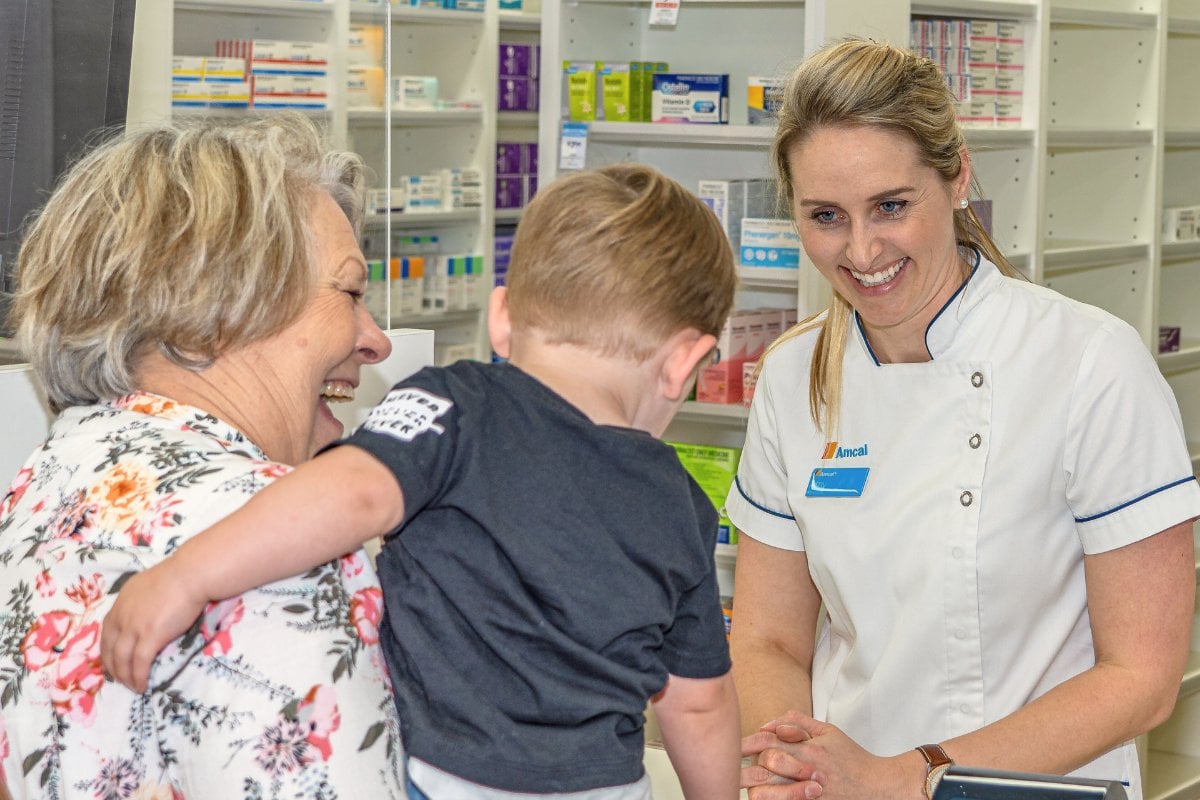

Like any good millennial, I don’t spend that much time on Facebook these days.
When I do, I like to ensure I fall into a deep, deep hole of travel-related Facebook groups.
I can lose a whole evening scrolling through destination suggestions, airport hacks and travel horror stories as I try to plan the perfect trip.
I keep my FOMO in check by sticking to just one activity per day rather than jam-packing our itinerary, and only use these tried and tested hacks. But I still struggle with the health stuff.
I’m not alone. The posts in these groups make it pretty clear: whether it’s a local domestic trip or overseas, solo or with the family in tow, everyone has a bunch of questions about vaccinations and health on holiday. Luckily a pharmacist is here to help us all out.
As the Pharmacist owner of Hope Island 7 Day Amcal, and mum of three, Amy Ford helps her customers navigate travel-related health questions every day.
From concerns about jet lag and vaccinations to battling “travellers' tummy”, here are the seven questions she always gets asked.
1. What vaccines do I need and when should I have them?
Different countries have different travel vaccination requirements, and the information on Google isn’t always up-to-date — but your pharmacist will be.
"I need to know your destination, what vaccines you’ve already had and how long ago," Ford tells Mamamia. "From there, I will check the current recommendations for your destination, look at your vaccination history, discuss your risks and make tailored recommendations about the vaccinations you need."
